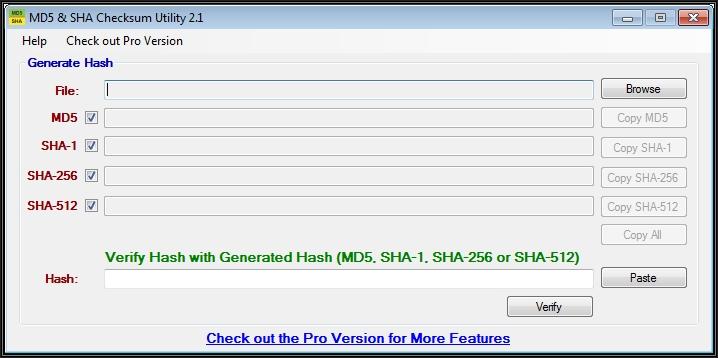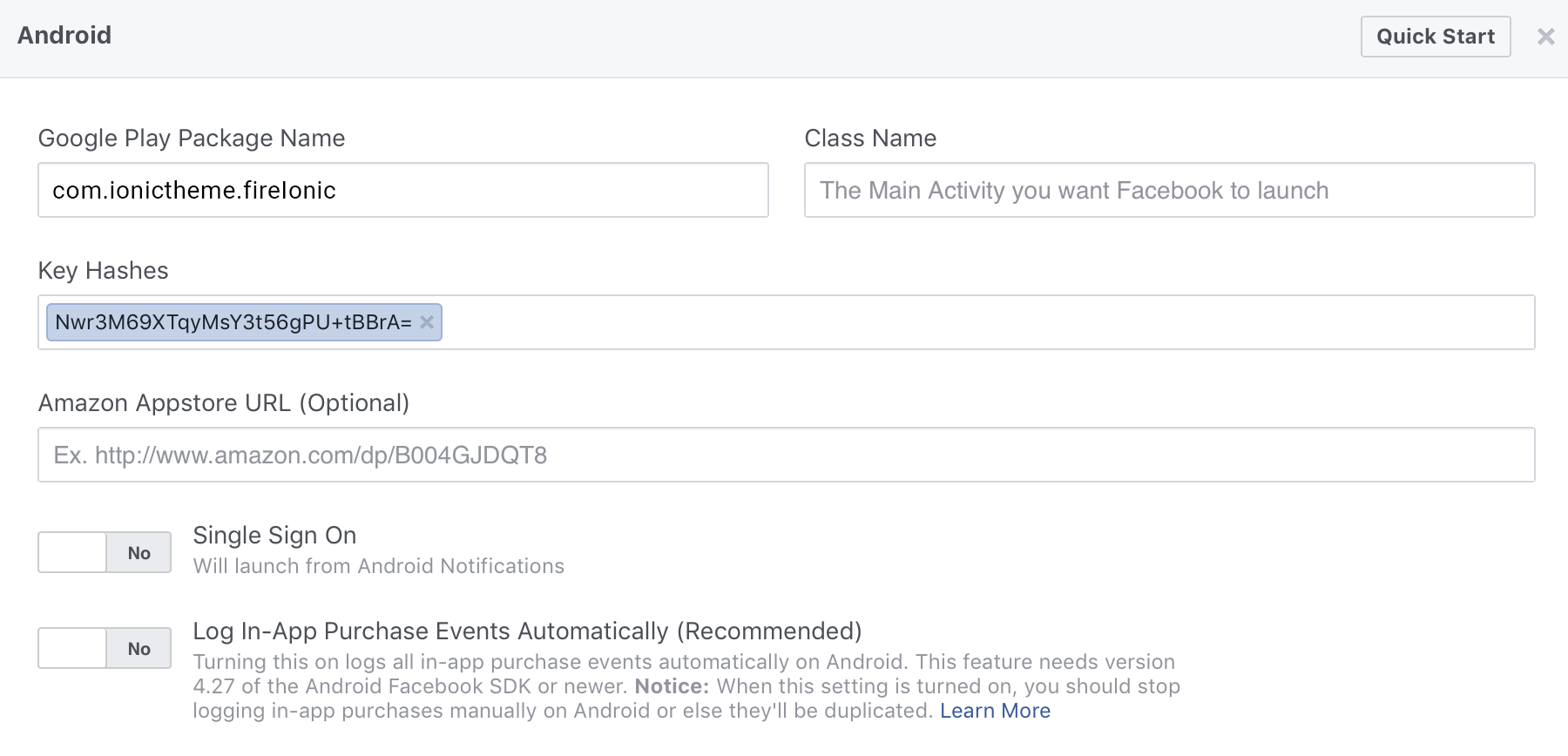

- #Generate checksum how to
- #Generate checksum code
Copy the following VBScript code to Notepad.If you want to implement Certutil.exe in your right-click menu, here is a VBScript that exactly does it. The following command-line syntax is to be used to calculate the SHA256 checksum of a file using Certutil.exe from a Command Prompt window. You can use Certutil.exe to compute file checksum using various hashing algorithms. reg file Windows Registry Editor Version 5.00Ĭertutil.exe is a built-in command-line program that is installed as part of Certificate Services. To remove the context menu option you added, use this undo. The command launches PowerShell, which in turn generates the file hash and copies it to the clipboard automatically. Now, right-click on a file and click Get File Hash command in the context menu.reg file to apply the contents to the registry.
#Generate checksum how to
For more information, see the article How to create and use.

Copy the above lines to Notepad and make a. reg file: Windows Registry Editor Version File -WindowStyle Minimized -command get-filehash -literalpath '%1' -algorithm SHA256 | fl | clip" To add the PowerShell command to the right-click menu for files, here is a. To copy the output to the clipboard, pipe the output to the clip command, as below: get-filehash -path "C:\Users\ramesh\Desktop\reinstall-preinstalledApps.zip" | format-list | clip Integrate the command to the right-click menu The acceptable values for the -Algorithm parameter are: To use any other algorithm - e.g., SHA384, you can add the -Algorithm SHA384 parameter to the above command-line.Įxample: get-filehash -path "C:\Users\ramesh\Desktop\reinstall-preinstalledApps.zip" -Algorithm SHA384 | format-list Path : C:\Users\ramesh\Desktop\reinstall-preinstalledApps.zip This outputs the file hash (by default, it uses the SHA256 algorithm) as shown below: Here is the command-line example: get-filehash -path "C:\Users\ramesh\Desktop\reinstall-preinstalledApps.zip" | format-list Using Windows PowerShell ( powershell.exe), you can quickly get the file hash with a single command-line. Using HashTools Get File Hash Checksum via the Right-click Menu in Windows Using PowerShell. Using Certutil.exe (built-in to Windows).






 0 kommentar(er)
0 kommentar(er)
